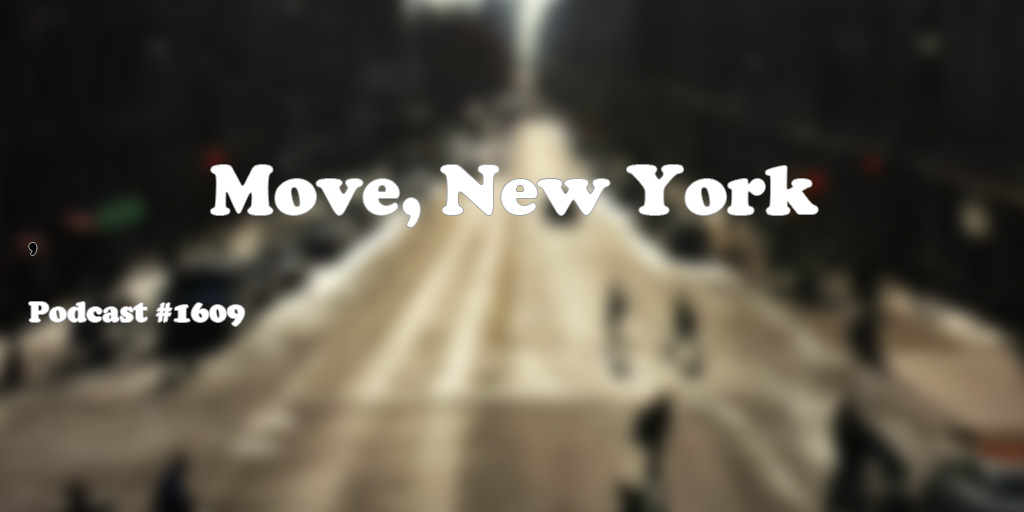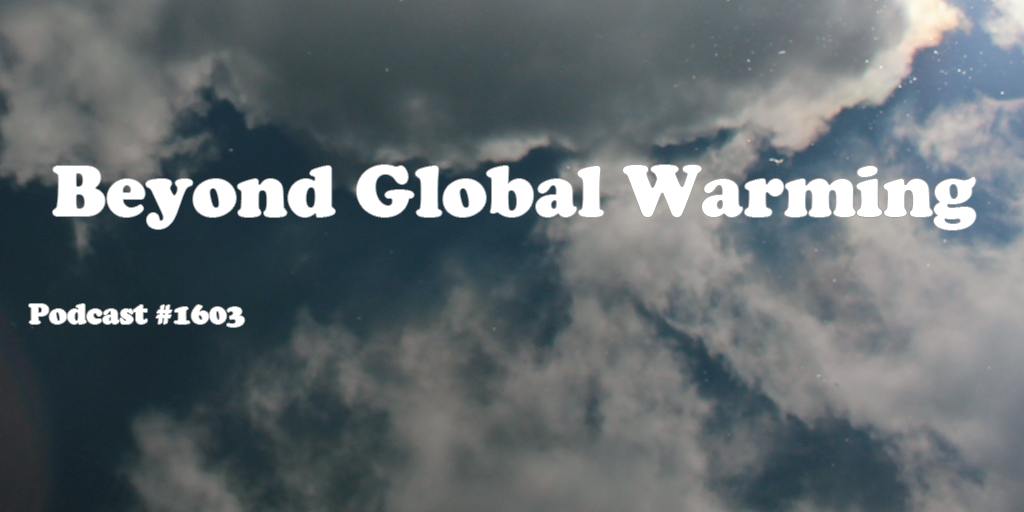By Susan Lutz
A growing problem in the United Kingdom, and worldwide, is what is called fly-tipping. The intriguing name drew me into the video. Clip after clip showed cars pulling up to spots around the U.K. and dumping their trash, couches, plastic roofing, recycling, and one group of people even dumped dead sheep. All the mess, stink, and trouble left for someone else to clean up. After seeing the video, I felt I’d tipped, as if it was one too many videos about terrible things we’re doing.
I want to care about all our troubles. The disturbing election in the U.S., the terrorist attacks, the rape victims, the dolphins slaughtered and captured, the sharks butchered for their fins, the children taken from their families. After so much, I feel numb, no longer seeing, or feeling, the pain. I only look, a voyeur just scrolling by.
The heavy load of the constant barrage of information weighs me down. Though, it’s not visible on the outside, on the inside, I think my soul is suffering from so much “much.” The fact that people are dumping trash on other people’s property and country roads and national lands enrages me. I want to scream, donate money, judge, yet, where do I go with that anger? I find myself lost. I feel the whole grow bigger.
I remember those campaigns against littering in the 70s. The roads were dotted with trash, cigarette butts, everything we could toss out a car window or discard while walking. Then, we rallied, we educated, we recycled, and now we find we’re fly-tipping? Letting others take care of our problems passes the buck to no end. There might not be a difference in fly-tipping and creating little plastic coffee cups by the billions to pollute the land for a one-time thrill. The consciousness behind all these acts is meant to quickly satisfy and satiate- to not take responsibility for our choices.
When I lived in Central America, I often heard tourists or expats talking to each other about the shameful way the citizens polluted their lands. Yet, everyday I saw hard working men and women sweeping the streets, earning probably less than $400 a month trying to change things, keeping the land clean. I saw things change. I see them change here too. Then, I see on-line what seems to be this unearthing of non-stop hideous behavior of people hurting each other and the environment. I needed to ask: why keep looking? Is it ever going to change?
I look because in the mess of our humanity, I see warriors of peace, love, kindness, and smarts, all trying to make the world a better place. Just recently, I read France will be banning plastic cutlery, “to promote a ‘circular economy’ of waste disposal, ‘from product design to recycling…’” A rescue organization in India finds desperate animals in dire condition in the street. In a few moments, I can see a transformation from near death to salvation – this with the power of social media.
There’s good out there, a lot. There’s bad too. Staring at it, looking for too long takes away the time we have in front of us to take responsibility for the little and big issues we all face. By keeping our heads tucked deep into our phones and feeds and likes, we miss the opportunity to create a connection standing, sitting, flying, flapping, or wagging right in front of us. I’m the first to raise my hand and say I am guilty of too much. I’ve even wondered if the beeper wasn’t such a bad idea. The number came up, we had time to look, find a quarter, a phone….all that time….all that time to think about what we were doing.

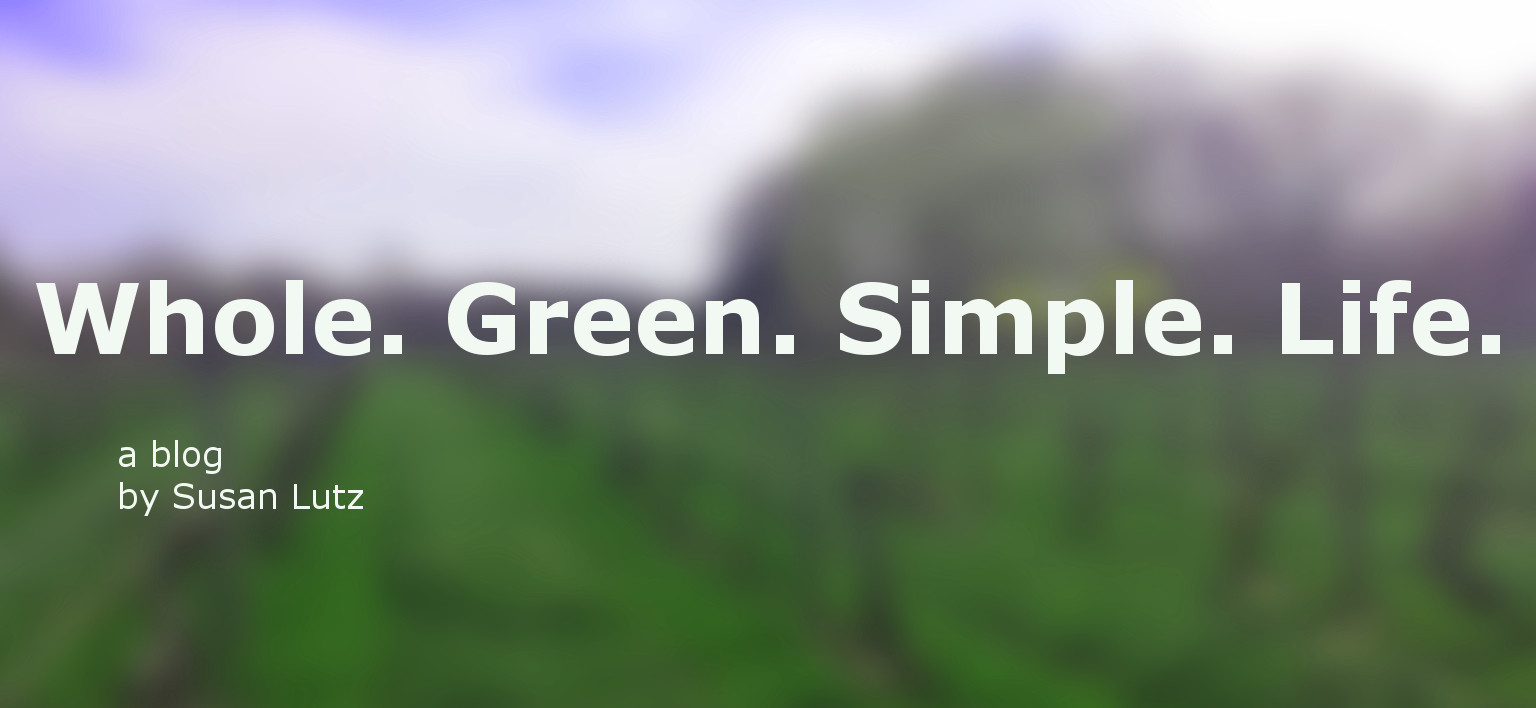
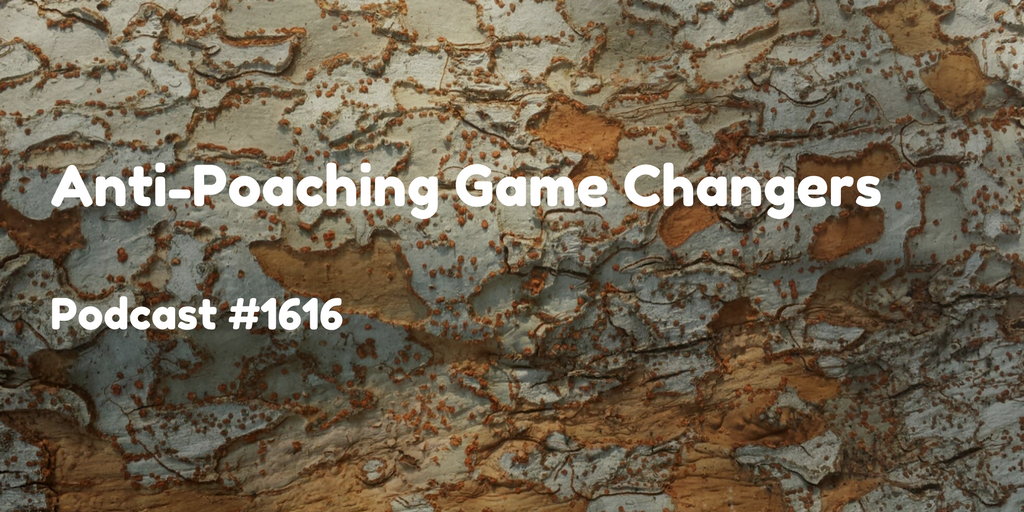
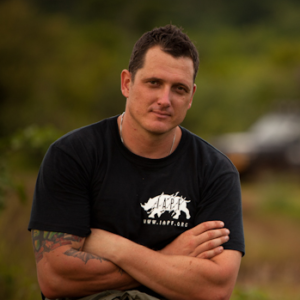 “Green” eco-warriors are working to protect rhinos and elephants, which are on the verge of extinction, as they are killed by poachers for their horns and tusks. My guest this week, Damien Mander, founder of the International Anti-Poaching Foundation, is working to train rangers in the preserves of Africa, via legal and direct tactics, to bring poachers to justice. He is a vegan and believes that animals suffer tremendously when they are raised for consumption, which is also a major contributor to climate change. Damien is starring in a James Cameron film called “The Game Changers”, which you can check out by going to gamechangers.com. For more information on the work of the International Anti-Poaching Foundation, go to iapf.org
“Green” eco-warriors are working to protect rhinos and elephants, which are on the verge of extinction, as they are killed by poachers for their horns and tusks. My guest this week, Damien Mander, founder of the International Anti-Poaching Foundation, is working to train rangers in the preserves of Africa, via legal and direct tactics, to bring poachers to justice. He is a vegan and believes that animals suffer tremendously when they are raised for consumption, which is also a major contributor to climate change. Damien is starring in a James Cameron film called “The Game Changers”, which you can check out by going to gamechangers.com. For more information on the work of the International Anti-Poaching Foundation, go to iapf.org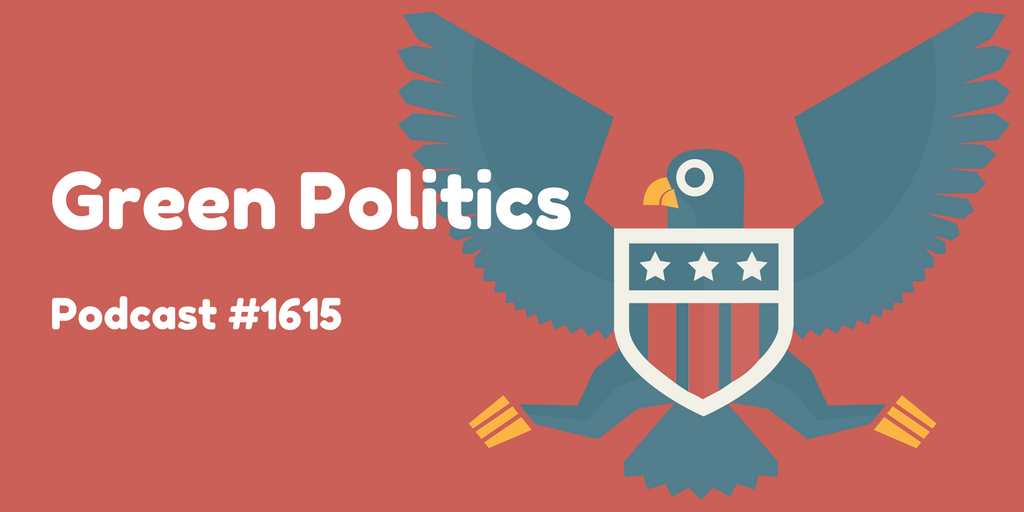
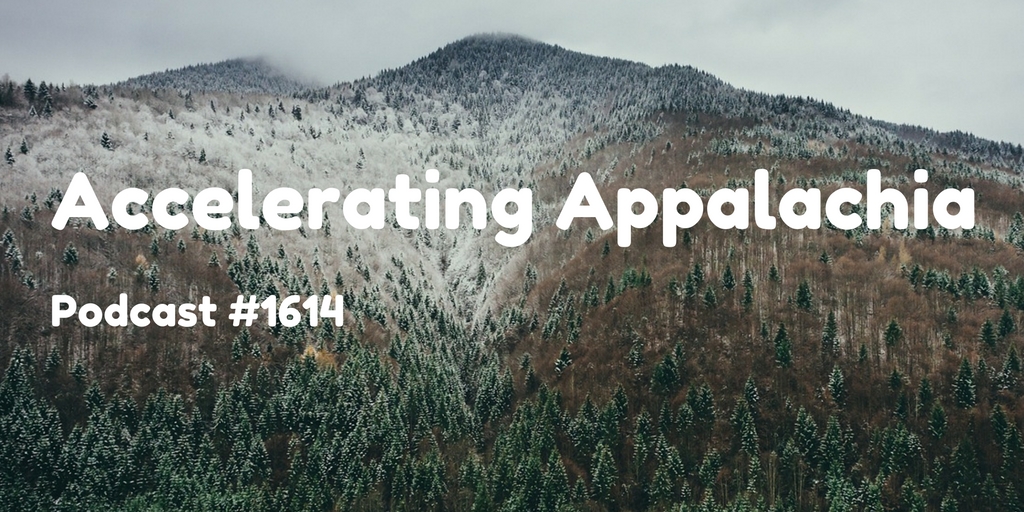
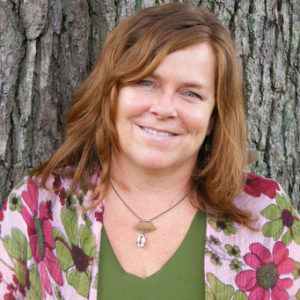 My guest this week is Sara Day Evans, Founder of Accelerating Appalachia, which provides social and economic assistance to nature based and local businesses in the vast region of Appalachia, which spans 12 states and has a population of 25 million people. It is one of the most bio-diverse regions on the globe, and new businesses that are based on food, farming and forests are providing jobs and promoting sustainability. Nature Based Businesses (NBB’s) are part of a movement to protect the earth, and maintain the beauty of the Appalachian region. To quote Ms. Evans “My advice to someone thinking of starting an accelerator or a business is this: Be resilient, stubborn, and focused, and love what you do.” For more info go to
My guest this week is Sara Day Evans, Founder of Accelerating Appalachia, which provides social and economic assistance to nature based and local businesses in the vast region of Appalachia, which spans 12 states and has a population of 25 million people. It is one of the most bio-diverse regions on the globe, and new businesses that are based on food, farming and forests are providing jobs and promoting sustainability. Nature Based Businesses (NBB’s) are part of a movement to protect the earth, and maintain the beauty of the Appalachian region. To quote Ms. Evans “My advice to someone thinking of starting an accelerator or a business is this: Be resilient, stubborn, and focused, and love what you do.” For more info go to 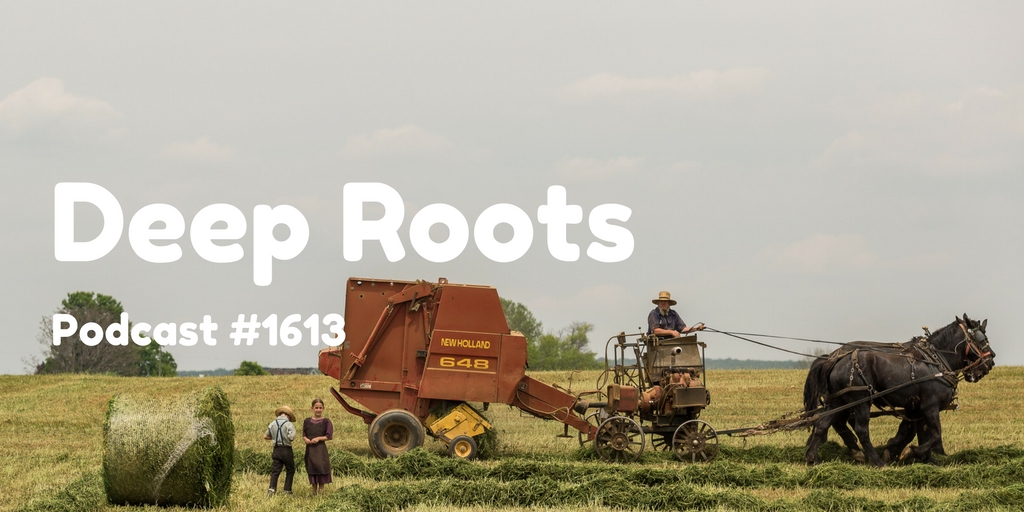
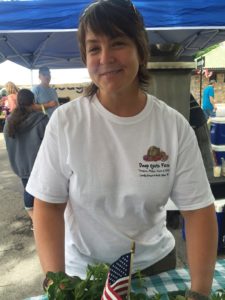 What do organic tomatoes, horn worms and Olympic figure skating legend Dick Buttons have in common? To find out, tune into this week’s show, as Allison Turcan, Stormie Velarde-Hamill and Scott O’Rourke of Deep Roots and DIG Farms, discuss what it takes to run a suburban farm. Learn about WOOFING, and no it doesn’t involve dogs howling, as well as what the difference is between organic and certified organic products. We chat about creepy, crawly and utterly gross worms which attack tomatoes and turns them truly rotten. Local farms supply the booming green markets in the NY metro tri-state area, and Scott, Allison and Stormie are not only growing amazing produce, they are working with kids, via food literacy programs, to educate them about growing delicious and healthy food. For more info go to facebook.com/DIGFarm
What do organic tomatoes, horn worms and Olympic figure skating legend Dick Buttons have in common? To find out, tune into this week’s show, as Allison Turcan, Stormie Velarde-Hamill and Scott O’Rourke of Deep Roots and DIG Farms, discuss what it takes to run a suburban farm. Learn about WOOFING, and no it doesn’t involve dogs howling, as well as what the difference is between organic and certified organic products. We chat about creepy, crawly and utterly gross worms which attack tomatoes and turns them truly rotten. Local farms supply the booming green markets in the NY metro tri-state area, and Scott, Allison and Stormie are not only growing amazing produce, they are working with kids, via food literacy programs, to educate them about growing delicious and healthy food. For more info go to facebook.com/DIGFarm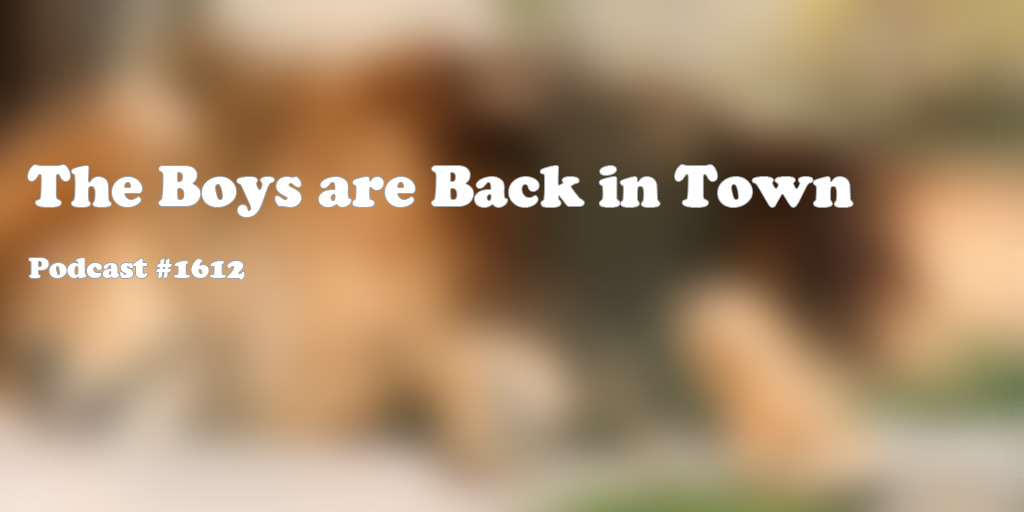
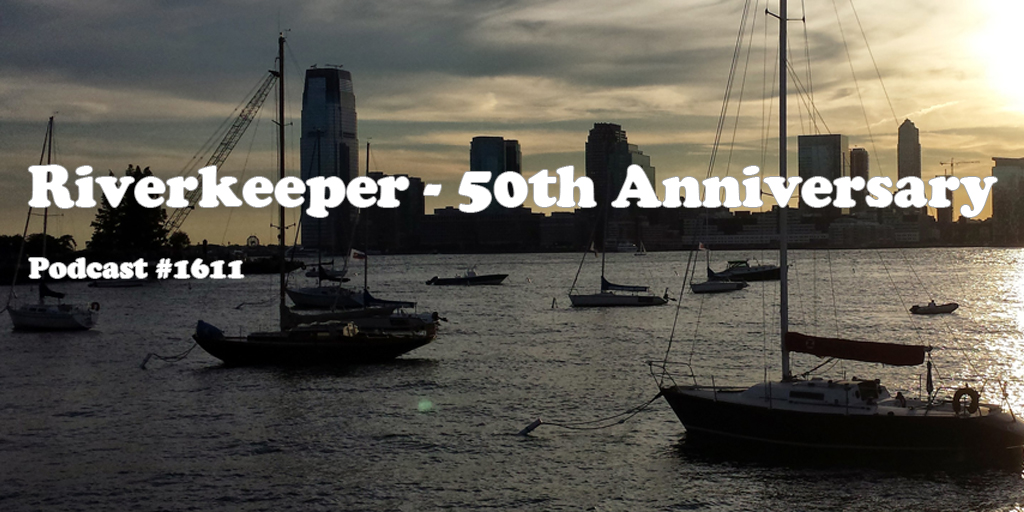
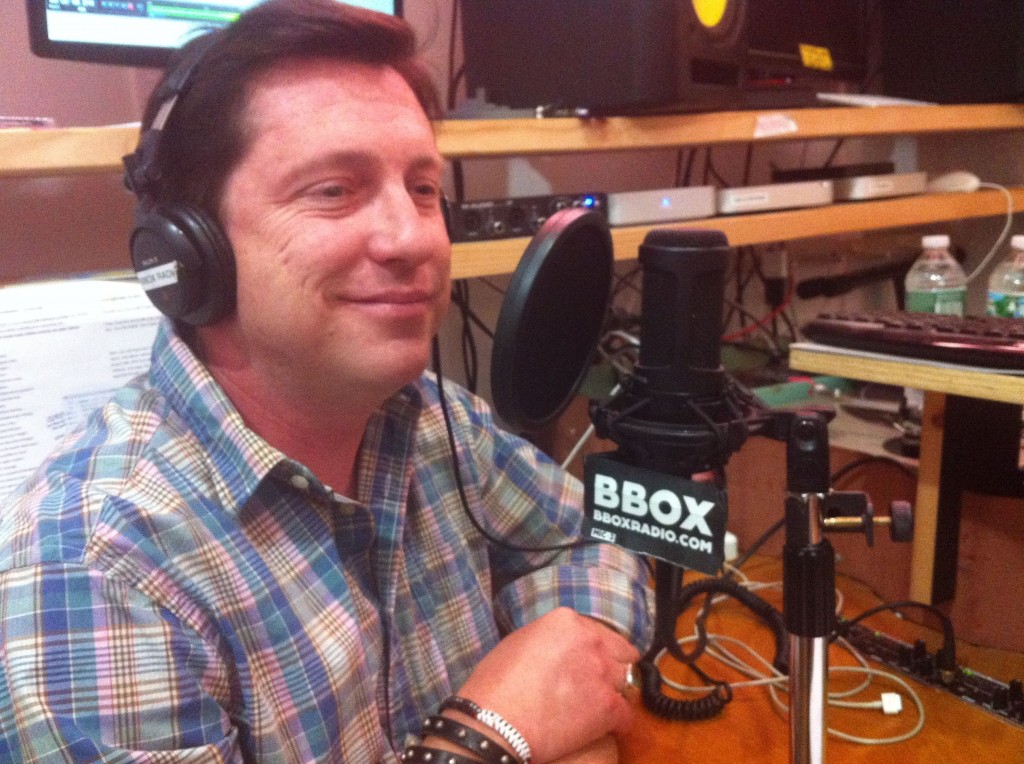 Riverkeeper, the guardian of the water, land and air celebrates its 50th Anniversary this year, and it is fitting to have friend of the show, John Parker, Director of Legal Programs at Riverkeeper, as my guest this week. We discuss all the great work Riverkeeper has done over these last five decades, as well as what they will continue to do to preserve and protect the environment. Keeping the waterways vibrant, and our drinking water clean, is essential to the health and well being of the citizens in New York State and beyond. To find out more about this great organization, go to
Riverkeeper, the guardian of the water, land and air celebrates its 50th Anniversary this year, and it is fitting to have friend of the show, John Parker, Director of Legal Programs at Riverkeeper, as my guest this week. We discuss all the great work Riverkeeper has done over these last five decades, as well as what they will continue to do to preserve and protect the environment. Keeping the waterways vibrant, and our drinking water clean, is essential to the health and well being of the citizens in New York State and beyond. To find out more about this great organization, go to 